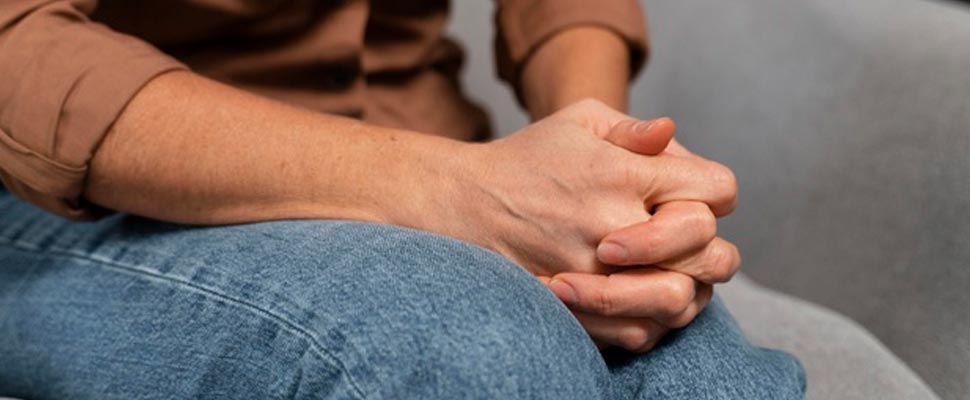How to take care of your mental health during the political chaos?
In the midst of the protests and strikes that are taking place in Latin America, it is important to remember that we must take care of our mental health. Here are some tips.

In several countries such as Latin America, social protest has returned to take to the streets in recent months and it is important to remember that we must take care of our mental health. Photo: Freepik
LatinAmerican Post | Vanesa López Romero
Escucha este artículo
Leer en español: ¿Cómo cuidar tu salud mental durante las protestas?
Since 2019, in Latin America there have been several demonstrations by the civil community of the different countries of the region. Most, if not all, had to be paused due to the arrival of the COVID-19 pandemic and the strict quarantines that most governments implemented in March 2020. However, in several countries such as Colombia, Honduras, Brazil, Chile and El Salvador , the social protest took to the streets again in recent months.
Latin America has been marked by an indifferent gaze on the part of its political leaders and the demonstrations, despite being initially peaceful, turn violent due to the excessive use of violence by the public forces and some civilians who take advantage of the occasion for vandalism . Thus, in a scenario that is already difficult due to the presence of the Coronavirus pandemic, violence, injustices and bad news can end up affecting our mental health at the individual level, especially considering that these protests arise from discontent that there is in many of the citizens because of the policies implemented in the countries and because when they go out to protest peacefully, sometimes, they are attacked in a violent way.
Also read: Opinion: Are sugary drinks harmful to health?
Now, there are many people who have made the decision not to go out due to the risk of contagion that this entails and have instead decided to protest from their homes , which is just also valid. However, whether you are outside marching or sharing information from home, the injustices are made visible through social networks, where the images speak more than a thousand words.
This is a double edged sword. First, the dissemination of social networks allows complaints both locally and abroad, therefore, the problem is not invisible, on the contrary, it is becoming more and more public . But, secondly, these images can become extremely strong and affect whoever is viewing them , especially because of the impotence that can be felt and the concern for the future that is experienced, affecting us in very different ways. personal and profound, despite dealing with collective problems.
Therefore, it is important to recognize that, in the midst of these moments that we are living as a region, taking care of our mental health as individuals must be in the foreground . Next, we give you some recommendations to cope with this situation more easily from mental health.
- Reduce your time on social networks and get informed only by media that do not spread fake news . You can uninstall your social networks for a couple of days to rest from the saturation of information that they entail. Also, review serious national and international media, but do not do it all day. For example, do it at a time when it doesn't affect a specific routine of your day. Do not get up directly to check the headlines, this can affect how you start your day, and also not before bed as it affects your sleep .
- Validate your emotions, both negative and positive. These are difficult times and being a collective problem we can come to believe that our individual feelings such as pain or sadness do not make sense when we are not the ones who are experiencing the worst part. On the contrary, we must accept these feelings, cry if we feel like crying, accept that we can feel pain for the deaths of other people that we may not have known, acknowledge the uncertainty that the situation generates in our future. Likewise, we must channel those feelings, not let them rest in us but speak them. There are many support lines that are open to listen and provide short-term support during these events . Talking about it with friends and family who have positions similar to ours can also be of great help.
- Establish routines in order to keep yourself busy and not turn your thoughts into what is happening. Controlling our thoughts is extremely difficult, but routines can help us make this a little easier . Try to set times when you are away from social media, as well as times to do things that you really like. Routines will always be helpful in helping your mind feel more organized, which completely influences your mental health.
- Help in any way you can help, don't push yourself more than necessary. With the pandemic, accessing social protest is more complicated, but sometimes we want to participate in it. That is why you can do it in different ways, for example you can make donations for people who are protesting every day, for those affected by the demonstrations, etc. You can also disseminate truthful information, create your own content that shows support for affected people, create virtual strikes and spaces for dialogue in your work or study.





